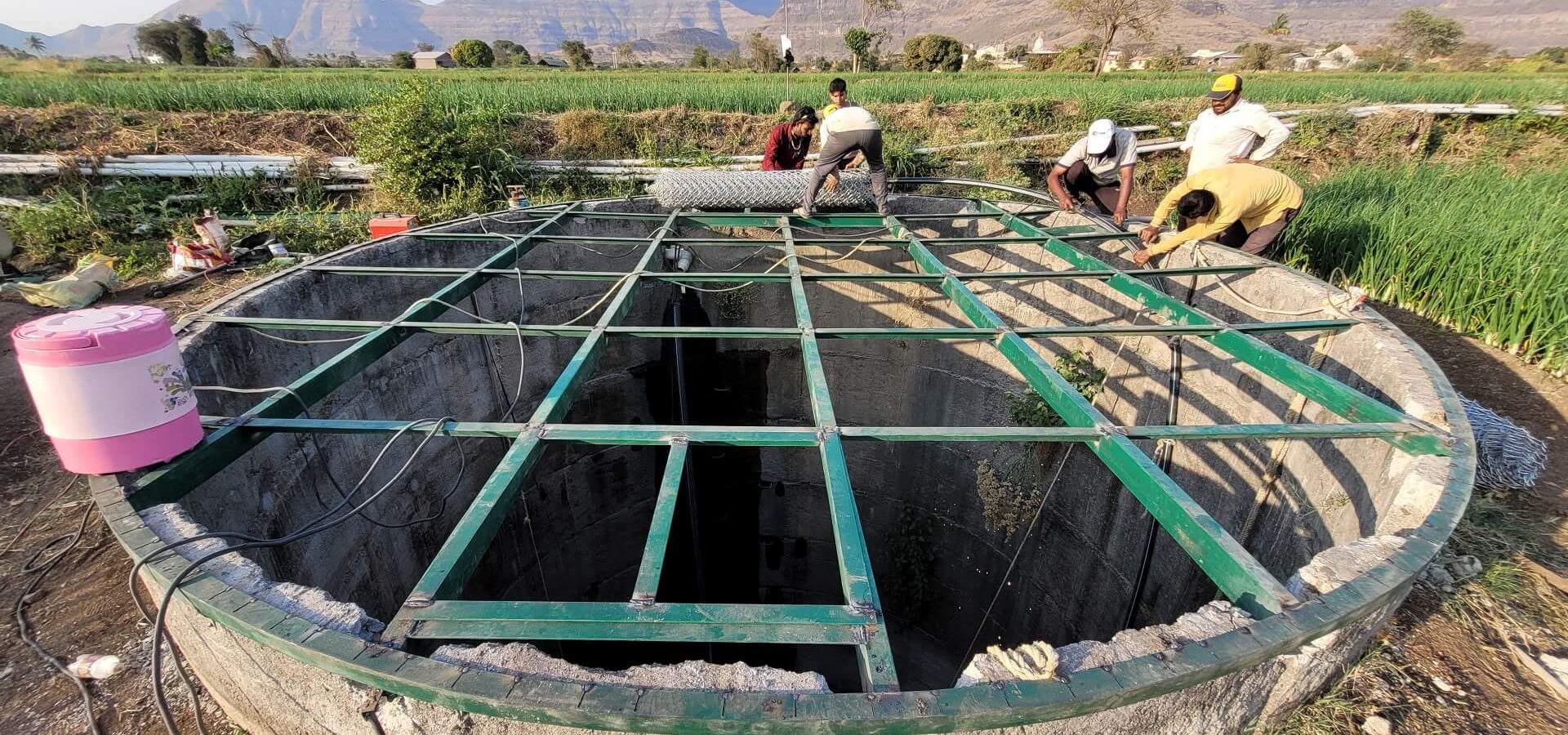
Unlined earthen pores known as open wells provide access to groundwater. However, the presence of these wells can be regarded as a double-edged sword. While allowing our society to relocate away from rivers, and providing water when it was most required to irrigate agricultural fields, these wells began to simultaneously spell doom to a host of wild animals. The buffer zones that separate populated and woodland areas are scattered with several uncovered wells that range from 1 to 70 metres in depth and 2 to 20 metres in diameter. Most wells don’t have any sort of lid or barrier walls to prevent animals from falling in.
With no means of escape, these animals either drown (in case the well is filled) or perish because of starvation (dry wells). Wildlife SOS has rescued several leopards, barn owls, sambar deer, cobras, jackals, civets and other animals from these open wells. Wildlife SOS launched the Open Wells Conservation Project, a massive initiative to cover Maharashtra’s open wells, in an effort to turn the state into a safe haven for leopards as well as other species. After undertaking years of field research, this enormous project was finally started in 2022.
Our crew discovered that because the majority of the wells continue to be an essential supply of water for the communities, filling them was not an option. Additionally, the well’s location and the local wildlife affected the risk posed by it. In order to determine the risks an open well poses, our team simultaneously identified the wells from which we have once saved animals and did thorough research. Wildlife SOS strives to cover all of these wells with the utmost care by using expert welders and strong materials to survive future deterioration.

Objective: To cover up the open wells of Maharashtra in an effort to save leopards and other animals who met tragic ends by accidentally falling into them, while ensuring that the well does not lose its function as a water source.
Scope: As part of Phase One of the project, the Wildlife SOS team operating out of the Manikdoh Leopard Rescue Centre intends to cover 40 wells identified as risks to wildlife.
Location/Region: Maharashtra.
Milestones:
Timeline:
Project Needs:
Other Collaborating Groups: Maharashtra Forest Department